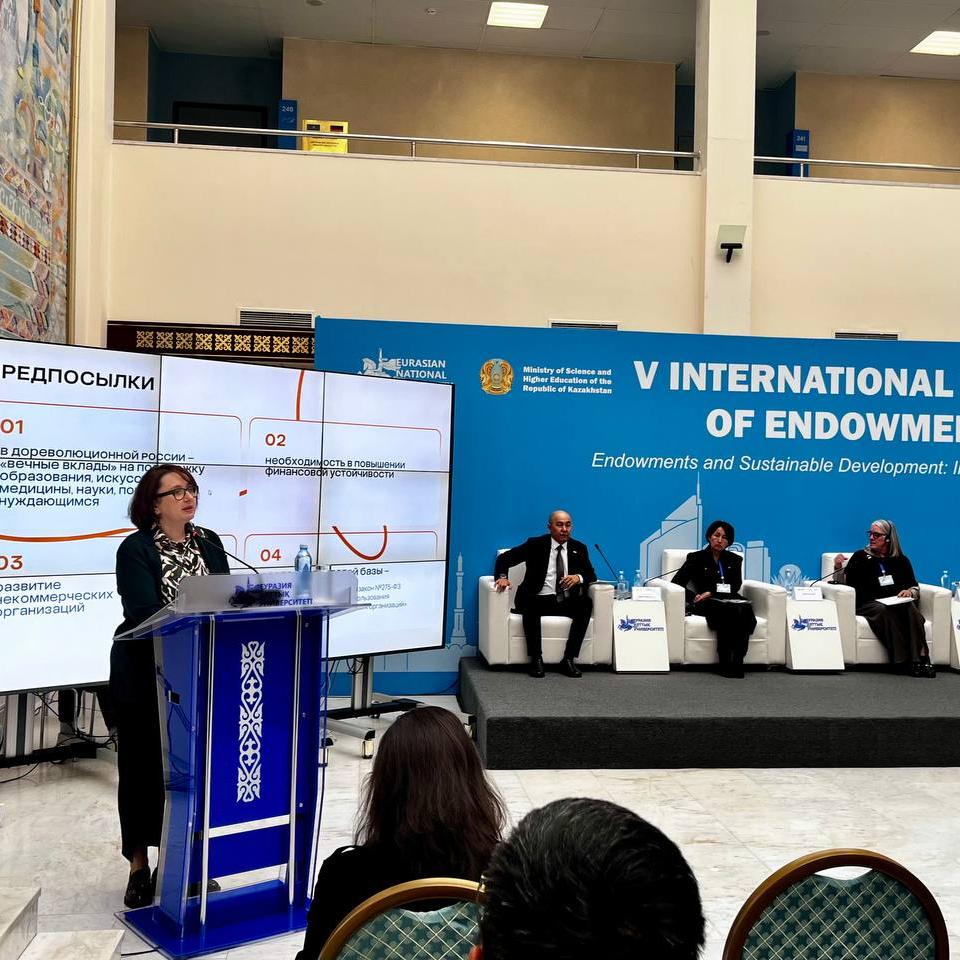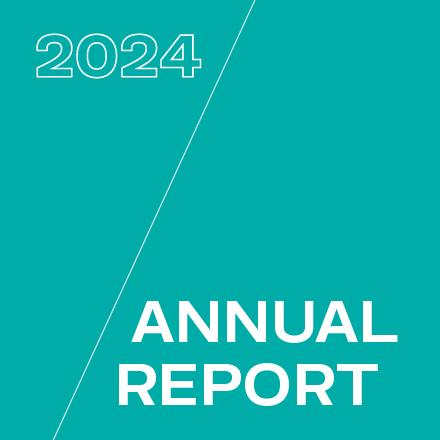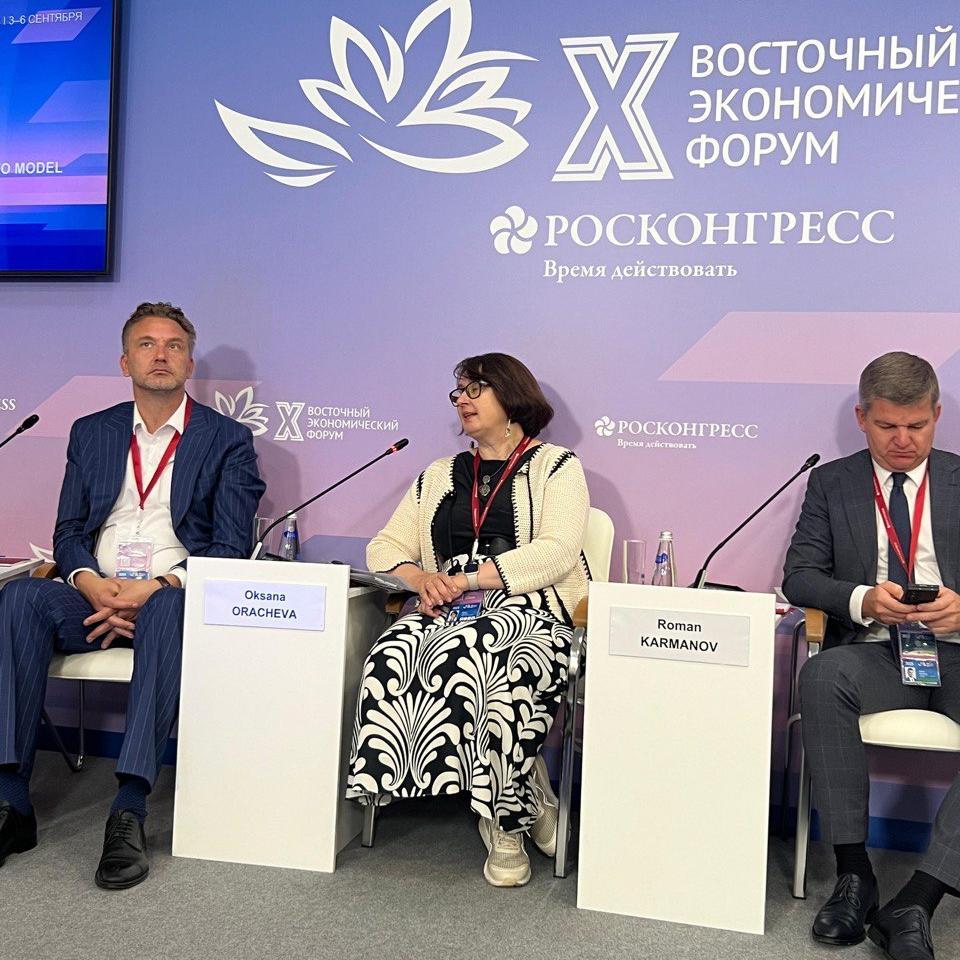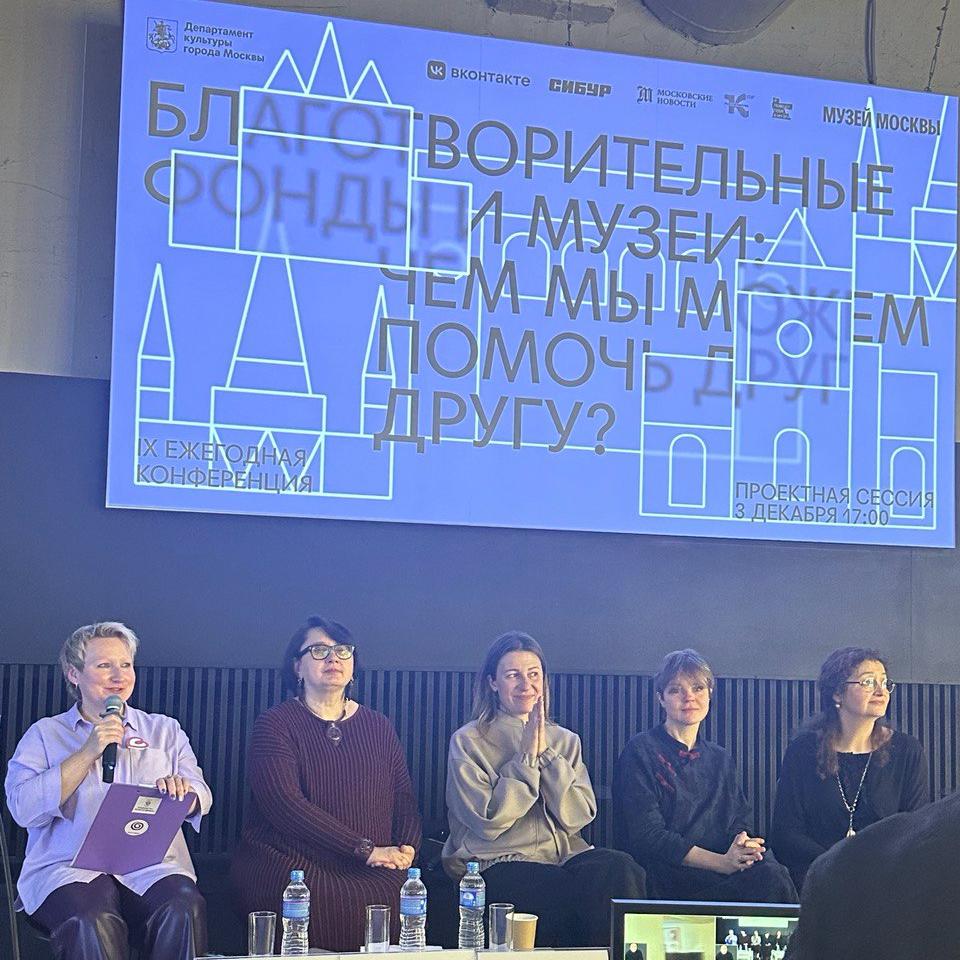Evgenia Potapova is a graduate of the Ural Federal University named after the first President of Russia B.N. Yeltsin and a fellow of the Vladimir Potanin Foundation. Winning the scholarship competition helped Evgenia take advantage of the wide range of opportunities provided by the Foundation.
Evgenia graduated from the university with a degree in Russian Philology with an emphasis on Russian literature and languages, both Slavic and European. During her studies, Evgenia loved to read, wrote scientific articles on literary criticism, became one of the best graduates, and was a participant in various scholarship programs. She entered the Master's program to continue to develop in science and to write a dissertation. Evgenia also taught a lot – she prepared students for exams in Russian language and literature. During her Master's studies she began to pay a lot of attention to social life.
In 2022, Evgenia became a fellow of the Foundation. Today she consistently encourages others to apply for the Vladimir Potanin Foundation’s competitions and not to fear setbacks. She believes that trying is essential – spending six hours creating an application and not winning is much better than not trying at all. However, Evgenia is certain that money is not the main motivation for participation. Fellowship program can help individuals find like-minded people who share their values and aspirations. The status of being the Vladimir Potanin Foundation fellow also holds significant meaning. Most importantly, it's about the community: during the Foundation School, Evgenia met wonderful people from different cities, and they are friends to this day.
With great warmth, Evgeniya remembers her participation in the Foundation School volunteer activities. She took part in two volunteer camps - in Yasnaya Polyana, the homeland of Leo Tolstoy, and in the archaeological complex “White Sea Petroglyphs” in Karelia.
At Yasnaya Polyana, volunteers cleared the forest, helped with hay harvesting, and worked in greenhouses and in the garden. In Karelia, they set up tourist trails, and during the process they even found a new petroglyph depicting a beluga whale. Volunteers affectionately named it “Potaninka.”
The experience of participating in the Foundation School gave Evgenia the opportunity to meet a huge number of interesting people, each of whom has their own, unique and inimitable story of success and development. The Foundation School expands the horizons, so next year Evgenia plans to apply for it again.
During the School at Yasnaya Polyana, Evgenia met Ivan Vesely, a Foundation fellow from Saratov. Ivan was involved in several non-profit initiatives, one of which was related to the identity of the Volga Germans. Evgenia herself also had her own research on German documents: her great-grandfather was German; he left diaries in two languages, German and Russian. Ivan invited Evgenia to Saratov to give a lecture on this topic and participate in the project “The Living History of Saratov” – a multimedia exhibition that, using AR technologies, recreates the cathedral, on the site of which a cinema was built in Soviet times. Visitors come to the cinema, but find themselves in an ancient cathedral and can learn the history of this place.
As a fellow of the Foundation, Evgenia was able to participate in other competitions of the Foundation – for example, in the “Practices of Personal Philanthropy and Altruism” competition. Evgenia’s project “Mom, I’m Home” received grant support from the Foundation.
The project arose quite spontaneously: Evgenia began to learn more about NGOs in Ekaterinburg, and became interested in the activities of “Aistenok”, an organization that deals with the problems of social orphanhood; this organization also received grant support from the Vladimir Potanin Foundation. Evgenia wanted to implement a project with this organization.
The idea of the project was to create a series of podcasts about the phenomenon of social orphanhood. As a result, 11 episodes of the podcast were released with NGO leaders, psychologists, lawyers who work with families in difficult life situations and other guests. The podcast turned out to be an accessible way to inform people about the problem of social orphanhood.
In addition, an offline event was held as part of the project – it was a master class on creating shopping bags. The participation fee went to “Aistenok” to help families who needed support. At the same time, a charity concert was held for the “Aistenok” wards.
Now Evgenia and her friend are thinking about their next project, with which they plan to submit to the grant competition next year. It also involves working with vulnerable groups of people.








